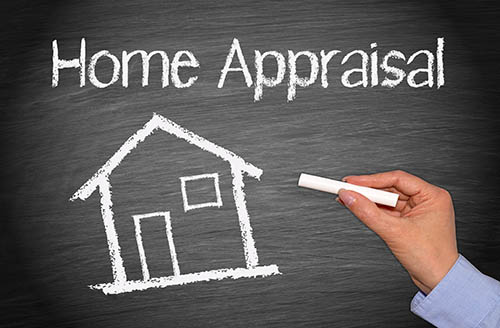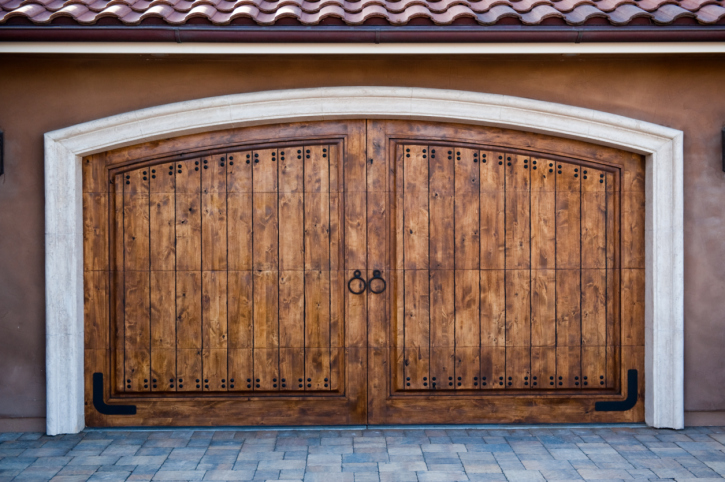What Do Appraisers Consider When Valuing a House?
 Appraisers consider several factors when valuing a house to determine its fair market value. The goal of the appraisal is to provide an unbiased and accurate assessment of the property’s worth.
Appraisers consider several factors when valuing a house to determine its fair market value. The goal of the appraisal is to provide an unbiased and accurate assessment of the property’s worth.
Here are the key factors appraisers consider:
Location: The location of the property is one of the most critical factors in determining its value. Proximity to amenities such as schools, shopping centers, parks, public transportation, and the overall desirability of the neighborhood can significantly influence the value.
Size and layout: The square footage and layout of the house play a crucial role in its valuation. Larger houses generally have higher values, but the layout and functionality of the space also matter.
Condition: The overall condition of the property, including both the interior and exterior, is essential. Appraisers look for signs of wear and tear, structural issues, and the general maintenance level of the house.
Upgrades and renovations: Recent upgrades and renovations can positively impact the value of a house. Appraisers take into consideration improvements such as kitchen upgrades, bathroom remodels, flooring changes, or any other updates that enhance the property’s appeal and functionality.
Comparable sales (comps): Appraisers use comparable sales data from recently sold properties in the same or similar neighborhoods to establish a benchmark for the subject property’s value. They compare factors like size, age, condition, and location to determine the market value.
Market trends: Appraisers consider the current real estate market conditions. If it’s a seller’s market with high demand and limited supply, the property’s value may be higher, and vice versa.
Age and condition of the property: The age of the house and its overall condition, including the age and condition of the roof, HVAC systems, and major appliances, will be assessed. Newer and well-maintained properties tend to have higher values.
Lot size and landscaping: The size and quality of the lot, as well as the landscaping and curb appeal, can influence the property’s value.
Views and natural features: Properties with attractive views or access to natural features like waterfronts, mountains, or green spaces may have higher values.
Environmental factors: Appraisers also consider any environmental issues or hazards that might affect the property’s value, such as proximity to industrial sites, flood zones, or other potential risks.
It’s important to note that the appraisal process may vary slightly depending on the specific regulations and guidelines in a particular region or country. Appraisers must remain objective and follow professional standards to provide an accurate and impartial valuation of the property.

 If you’re thinking about putting the house on the market, or are simply curious about its value in the current economic atmosphere, it’s essential to get an honest assessment of its value. An overly inflated figure won’t hold up and will only turn potential buyers away.
If you’re thinking about putting the house on the market, or are simply curious about its value in the current economic atmosphere, it’s essential to get an honest assessment of its value. An overly inflated figure won’t hold up and will only turn potential buyers away. Before you make a major structural change to your property, it is important to consider how this will affect your resale value. While there are many steps that you can take to improve your property, the addition of a detached garage may be beneficial to you and may drastically improve your resale price when you are ready to sell.
Before you make a major structural change to your property, it is important to consider how this will affect your resale value. While there are many steps that you can take to improve your property, the addition of a detached garage may be beneficial to you and may drastically improve your resale price when you are ready to sell.